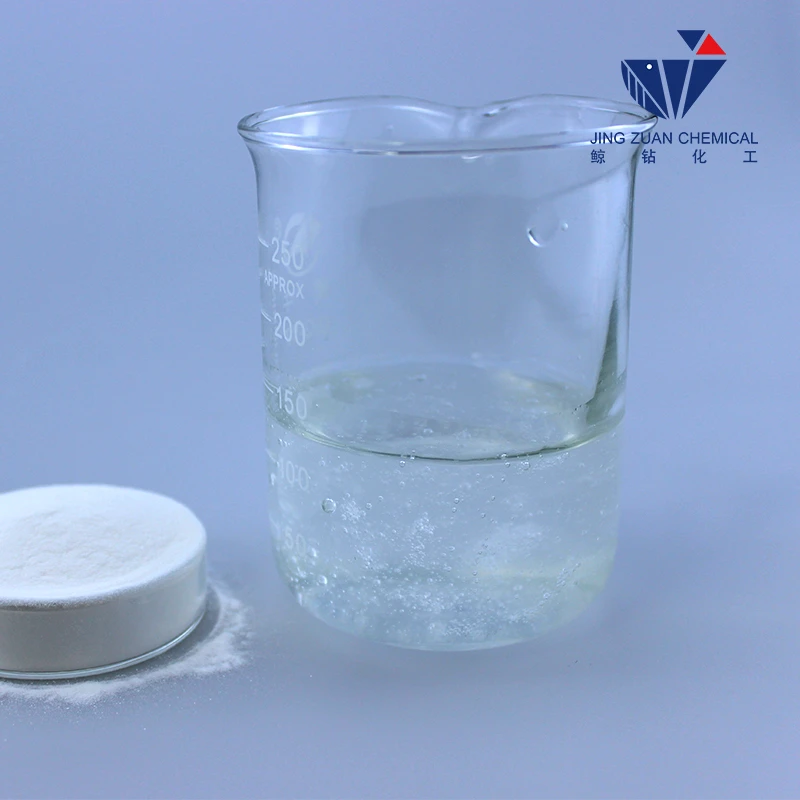
Sep . 22, 2024 21:58 Back to list
buy hpmc
The Benefits and Uses of HPMC A Comprehensive Guide
Hydroxypropyl methylcellulose (HPMC) is a versatile, non-ionic cellulose ether widely used in various industries due to its unique properties. This article aims to explore the benefits, applications, and reasons to consider purchasing HPMC.
What is HPMC?
HPMC is derived from plant cellulose and is chemically modified to enhance its functionality. It is a white, odorless powder that is soluble in cold water, making it an essential additive in many formulations. HPMC is known for its ability to improve viscosity, act as a binder, and provide film-forming properties.
Benefits of HPMC
1. Versatility One of the primary reasons to buy HPMC is its versatility. It can be used across various industries, including food, pharmaceuticals, cosmetics, and construction materials. Its ability to dissolve in cold water makes it suitable for products that require a quick-mixing solution.
2. Thickening Agent HPMC is an excellent thickening agent, which enhances the texture and consistency of products. In the food industry, it can improve the mouthfeel and stability of sauces, dressings, and dairy products, making it a valuable ingredient for manufacturers looking to optimize their formulations.
.
4. Water Retention HPMC has remarkable water-retaining properties, which is beneficial in various applications. In construction, it helps retain moisture in mortar, preventing cracks and enhancing the durability of structures. In personal care products, it keeps formulations moist, extending their shelf life.
buy hpmc

5. Non-toxic and Biodegradable HPMC is regarded as non-toxic and biodegradable, making it an environmentally friendly option. This characteristic is increasingly important for consumers and manufacturers alike, as there is a growing demand for sustainable and safe ingredients in products.
Applications of HPMC
1. Food Industry HPMC is used as a food additive, often labeled as E464. It serves various functions, including emulsification, gelling, and as a stabilizer in processed foods.
2. Pharmaceuticals Its applications range from tablet binders to coating materials, and it is also used in eye drops and other formulations where viscosity control is necessary.
3. Cosmetics In cosmetic formulations, HPMC is used to achieve desirable textures and improve the feel of products like shampoos, creams, and lotions.
4. Construction HPMC is a key ingredient in tile adhesives, plaster, and paints, improving workability and adhesion properties.
Conclusion
Purchasing HPMC is a strategic decision for businesses across various sectors. Its multifunctional properties provide numerous benefits, making it an indispensable ingredient in numerous formulations. Whether you're in the food industry, pharmaceuticals, or construction, HPMC can enhance your products' quality and performance. When choosing a supplier, consider the quality and source of HPMC to ensure optimal results in your applications.
-
Versatile Hpmc Uses in Different Industries
NewsJun.19,2025
-
Redispersible Powder's Role in Enhancing Durability of Construction Products
NewsJun.19,2025
-
Hydroxyethyl Cellulose Applications Driving Green Industrial Processes
NewsJun.19,2025
-
Exploring Different Redispersible Polymer Powder
NewsJun.19,2025
-
Choosing the Right Mortar Bonding Agent
NewsJun.19,2025
-
Applications and Significance of China Hpmc in Modern Industries
NewsJun.19,2025







